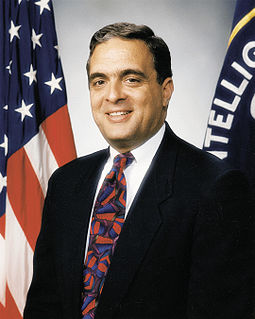A Quote by Elie Wiesel
I read the text; and then I come to the Shirat ha-Yam, to the Song of the Sea [Exodus 15], to the poetry. Who could have written such a poem except someone who went through it? It is so full of life, so full of truth, of passion, of concern. And the thousands and thousands of commentaries in the Talmudic tradition that have been written on it. It had to have happened. But even if not, I would attribute the same beauty to the text as I do now.
Related Quotes
Truly fine poetry must be read aloud. A good poem does not allow itself to be read in a low voice or silently. If we can read it silently, it is not a valid poem: a poem demands pronunciation. Poetry always remembers that it was an oral art before it was a written art. It remembers that it was first song.
We've clearly entered a period in which the analog of text is no longer important or relevant. All text will be electronic. I accept that fact. My house has thousands of books in it, and I've started to look at them completely differently. They now seem to me to be like antiquarian objects. Their use value has become negligible to me because I'm perfectly happy to read on an e-reader.
I just think that the world of workshops - I've written a poem that is a parody of workshop talk, I've written a poem that is a kind of parody of a garrulous poet at a poetry reading who spends an inordinate amount of time explaining the poem before reading it, I've written a number of satirical poems about other poets.
With vocal and choral music, first and foremost, it's the text. Not only do I need to serve the text, but the text - when I'm doing it right - acts as the perfect 'blueprint', and all the architecture is there. The poet has done the heavy lifting, so my job is to find the soul of the poem and then somehow translate that into music.
I have written letters that are failures, but I have written few, I think, that are lies. Trying to reach a person means asking the same question over and over again: Is this the truth, or not? I begin this letter to you, then, in the western tradition. If I understand it, the western tradition is: Put your cards on the table.




































